30 Very Simple Ways To Live Sustainably And Be More Green This Earth Day 2023
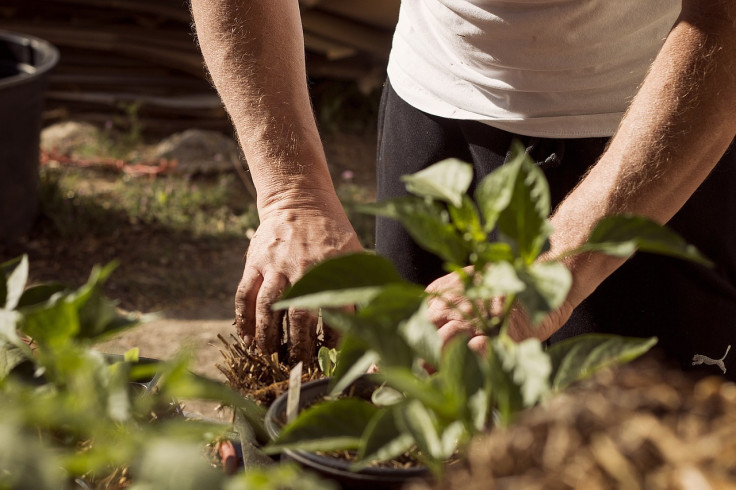
KEY POINTS
- The effects of climate change are present everywhere
- Individuals, organizations and big companies should work together to save the planet
- Personal and household-level changes can support a greener lifestyle
Individuals, organizations and big companies should work together to save the planet. With the effects of climate change already felt everywhere, it is more important than ever to live sustainably and be greener. Over the years, big strides have been made to re-green the planet, but there is still a long way to go. Aside from making individual changes, corporations need to be prompted to action, and government policies need to support green initiatives. While all of these are happening, you can start looking at personal and household-level changes to support a greener lifestyle.
This Earth Day 2023, take a look at 30 simple changes you can make in your life to be more mindful of the planet.
1.
Shop In Your Neighborhood

This will have plenty of good benefits for the planet. When you shop within your community, you will not need to take a car and use fuel to reach your destination. You can also get fresh produce from farmer's markets without the goods having to travel far.
When you do your shopping, bring reusable plastic bags instead of buying plastic bags.
2.
Add Reusable Containers To Your Everyday Carry
Take your reusable cup and straw for work and utensils for eating out. Bring reusable containers to store leftovers. Have a reusable bag or two in your purse for those unplanned grocery runs before you go home.
Forgot your reusable bag? If there are options, opt for cardboard over plastic packaging. Cardboard is easily recyclable, and if you go for items that use this material rather than plastic, recycling becomes easier.
3.
Buy From Small Companies That Source Locally
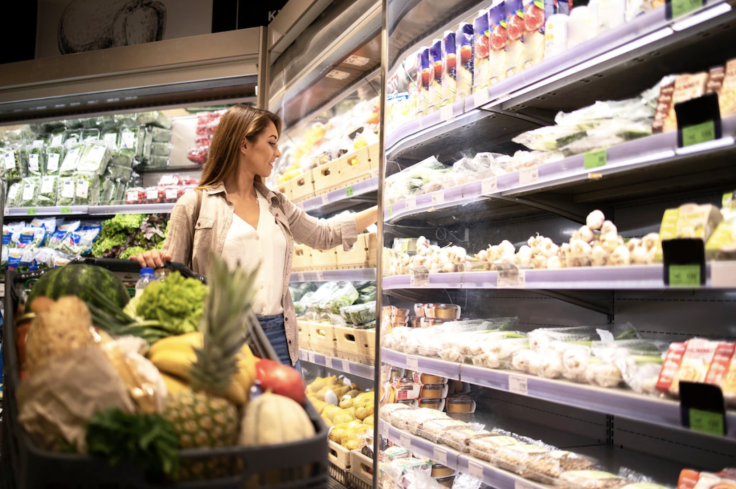
Supporting farmer's markets is always better than going to big store chains that contribute a lot of unnecessary trash in the form of excessive product packaging. When you find yourself inside big supermarkets, look for locally made goods.
Everything from cosmetics to food and personal hygiene products can be sourced from small companies that partner with local suppliers. Local vendors typically use less harmful ingredients. By expressing your interest in more locally sourced and produced goods, your local shops and grocers can be prompted to action.
4.
Shop In Quantities Fitting Your Family's Consumption
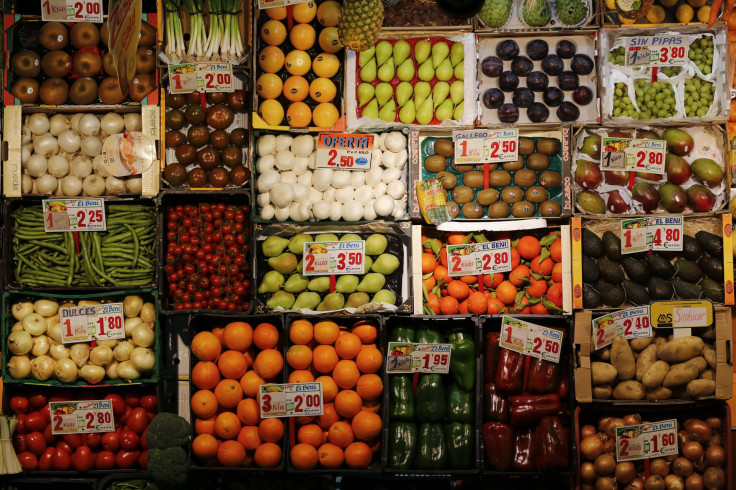
Buy only what you need. Food waste is one that we can easily prevent if everyone bought just the appropriate amount for consumption. If you have a bigger family or need to buy large quantities of a certain item, consider buying them in bulk to reduce individual plastic packaging.
5.
Reuse Plastics You Already Have At Home
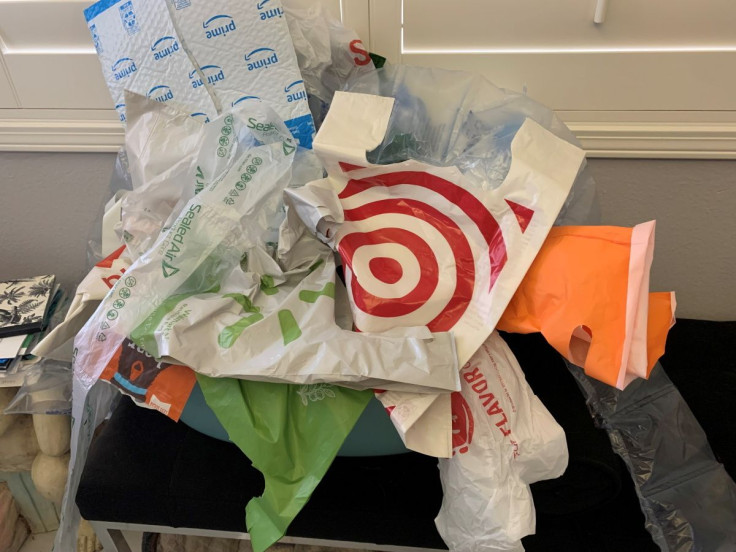
If you already have ziplock bags and plastic wrap at home, do not throw them away just because you want to avoid plastic use. Instead, make full use of them rather than using them once. Ziplock bags and plastic wraps can be cleaned with dish soap and hung to dry, then reused to store other items.
6.
Reimagine Your Leftovers

Even when you buy only enough of what you need, leftovers may still fill up your fridge. Get into the habit of consuming leftovers as soon as possible, to avoid food spoilage. If your family does not like eating leftovers, think of fun ways to reinvent them into a new dish.
7.
Buy In Season And Preserve Food

As a general rule, it is better for the environment to buy closest to the source, which also means as close to harvesting season as possible. In-season goods also often cost less. Simple freezing and canning techniques can be good ways to store some of these items, so you can access them when they are out of season.
8.
Grow A Garden And Prepare Your Own Meals
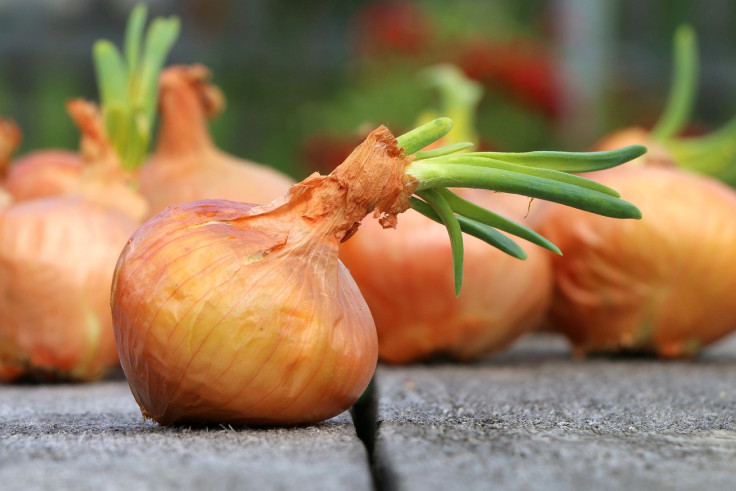
Nothing is closer to the source than your backyard. If you can grow your food, these will not require long distances to travel to get to your kitchen. Utilize your balcony space if you live in an apartment. Herbs can also be kept in small pots. Reduce the use of chemical fertilizers and pesticides and go for a more organic approach to growing your garden.
Not only are home-cooked meals healthier because you can control what goes into your food, but this also eliminates all the food packaging that eating out entails.
9.
Start A Community Garden Or Support An Existing Farm
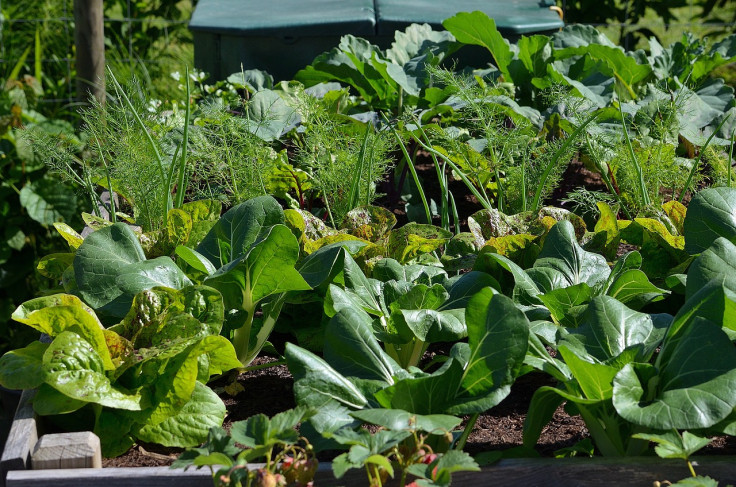
If you don't have access to even a small space for a garden, gather the community to start a shared garden for everyone's benefit. You can also volunteer at an existing organic farm in your community.
10.
Introduce Composting To The Family

Garbage disposal only adds to landfills at an alarming rate. To live a greener lifestyle, consider composting – and get the family involved. This sets children up to live a more green lifestyle even as they start their own families, which will benefit the planet more in the long run.
11.
Upgrade Your Tech Only When Necessary

Tech companies will always come out with the best and newest devices on the market, but the production of these devices harms the environment more than you think. To do your part in living sustainably, avoid falling victim to the marketing push to upgrade your devices every year. You can extend the life of your devices through regular maintenance of their software and hardware. When you need to upgrade, find ways to dispose of your old device sustainably.
12.
Donate, Sell, Or Trade In Used Electronics

The technology behind electronic devices has improved over time. Some of them may still be in good working condition at the time of your upgrade to a newer device. If this is the case, consider donating or selling them instead of throwing them away. Retailers now offer trade-in options that give you a discount when you bring in your old device when you get a new one. You may also sell old unusable devices for parts.
13.
Make Telecommuting Work For You

One of the benefits of telecommuting for employees is that you don't have to be stuck in traffic going to or heading home from work. This also means no car emissions on days you're working from home.
14.
Share A Ride

Car emissions are some of the worst culprits of pollution and global warming. The more urbanized our cities have become, the more cars are present on the road. Finding a rideshare program for your work commute can reduce your contribution to car emissions in the long run. Taking public transportation is also an option.
15.
Bike Or Walk Short Distances To Run Errands

This is most effective when you batch your errands together. Plan your route beforehand so you will not be walking or biking all around the neighborhood to get them done. By doing this, you're also adding exercise to your routine!
16.
Maintain Your Car And Maximize Fuel Efficiency

For instances when it is more efficient to use your car, make sure you are not adding to its weight by bringing in unnecessary items or decking it with roof racks that are not used. Regular maintenance will also keep your car working in good condition longer. Maintain proper air ratio in the tires and change air filters regularly.
17.
When It's Time To Switch Cars, Consider Fuel Efficiency
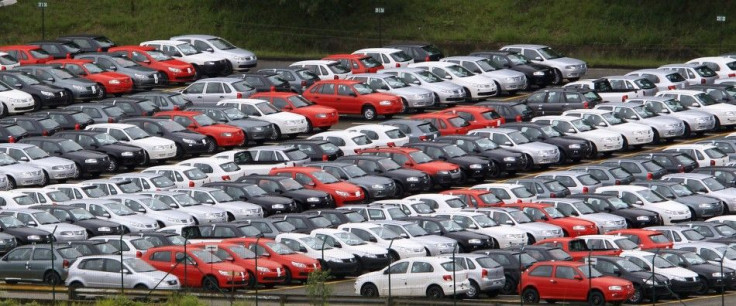
Similar to electronic devices, you should delay the upgrade to a newer car model as long as possible by maintaining the car you already have. When it is time to let your old car go, dispose of it sustainably and consider a more fuel-efficient vehicle. There are also zero-emissions cars to choose from.
18.
Maintain All Household And Personal Items

Maintenance should not be limited to expensive items or electronic devices. Everything in the house whose life can be extended should be maintained. When you don't need to buy new appliances, furniture and clothes often, you are already doing a good job of living green.
19.
Barter Or Buy Used
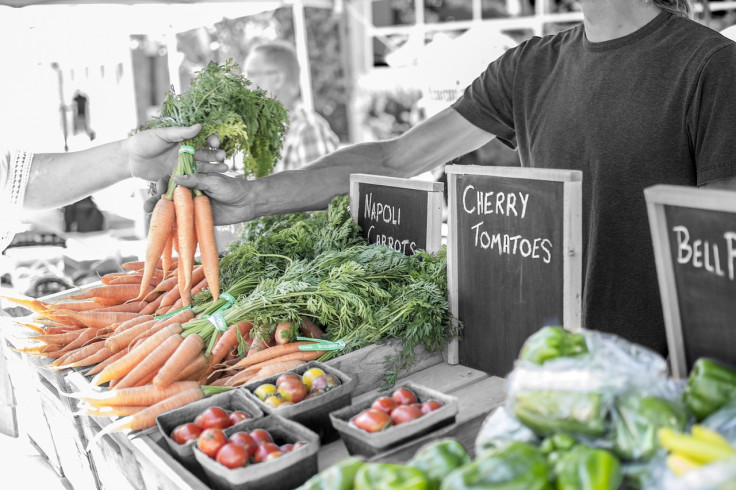
As the saying goes, one man's trash is another one's treasure. If you need a specific item, before buying it brand new, find places that offer trade-ins or bartering opportunities. Take a look at your items and see if an item you don't need can be bartered in exchange. This saves you money while helping you get rid of unused items sustainably.
20.
Borrow Instead Of Buying Rarely Used Items
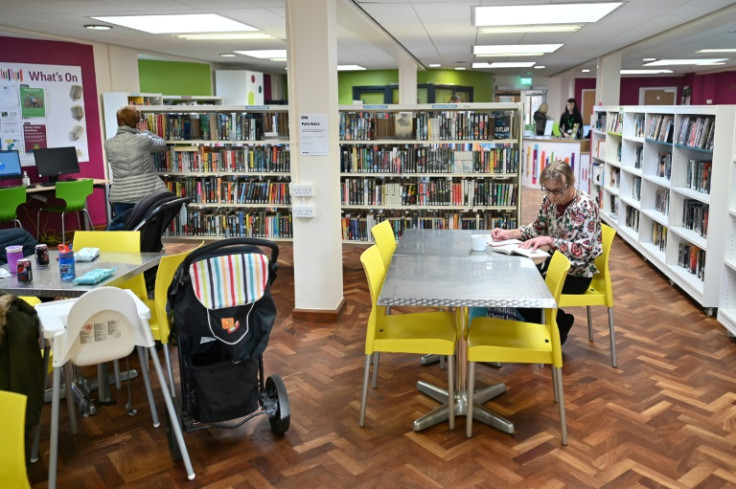
Being more intentional with your purchases does not just help in your finances. It also prevents the accumulation of stuff you don't need and will eventually only throw away. Books can be borrowed from the library if you only intend to read them once. Formal clothes for special occasions can be rented or borrowed from friends or family.
21.
Put Lights And Appliances On A Timer
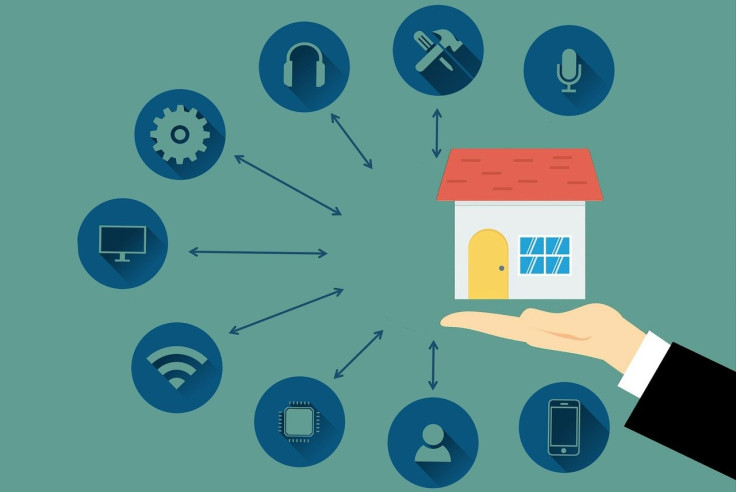
Energy is wasted when you forget to turn off appliances at night. This can be eliminated by setting a timer for them to automatically switch off. Motion sensor lights can also reduce the energy consumed by only switching on when they detect movement.
22.
Look For Energy Star Ratings
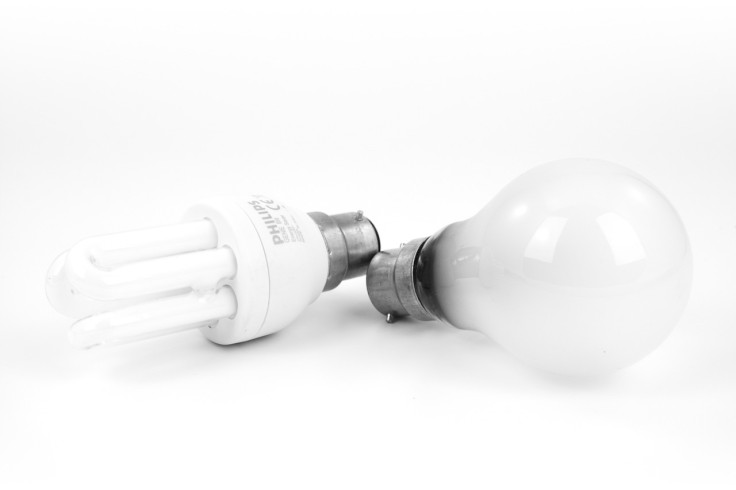
These stars tell you how energy-efficient an electronic item will be. The higher their energy star rating, the less impact they have on natural resources.
23.
Install A Water Filter At Home

By reducing your reliance on single-use plastic bottles, you are not adding to more plastic pollution.
24.
Shower Faster And Collect Running Water

The longer your shower time is, the more water you consume. A five-minute quick shower can save up to 12,000 gallons of water a year. Similar to turning off the tap when brushing your teeth, turn off the shower when you are shampooing. If you can't fit your showering routine into five minutes, consider changing to low-flow shower heads and faucets to cut down on water consumption.
Even better, as you wait for your shower water to heat up, collect the running water and use it to maintain your garden and lawn.
25.
Go For Clover Instead Of Grass

The maintenance of lawn and garden ground cover is one of the biggest culprits of wasting water. Instead of covering the ground with high-maintenance grass, consider alternatives such as clover or synthetic turf.
26.
Change The Time You Water Your Lawn
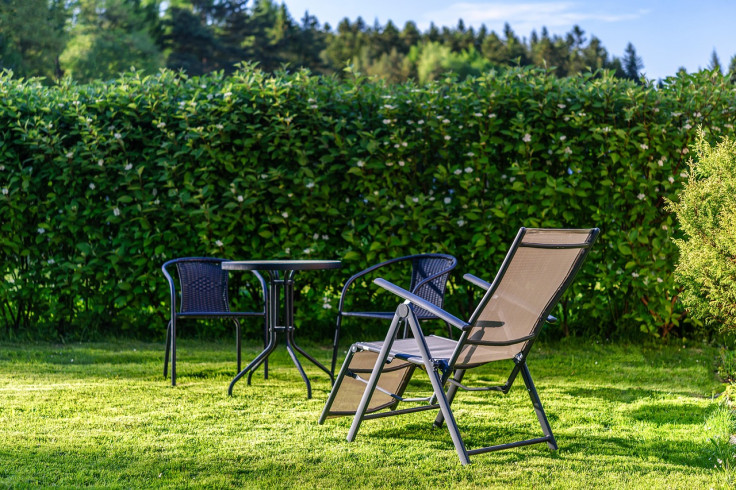
When you water your lawn during the hotter times of the day, most of the water you use will only evaporate faster. Consider watering your lawn in the early morning or late at night instead. You can also set up an automatic water sprinkler system to detect if your lawn is dry before watering or use drip irrigation for your gardens.
27.
Wash Full Loads Of Laundry
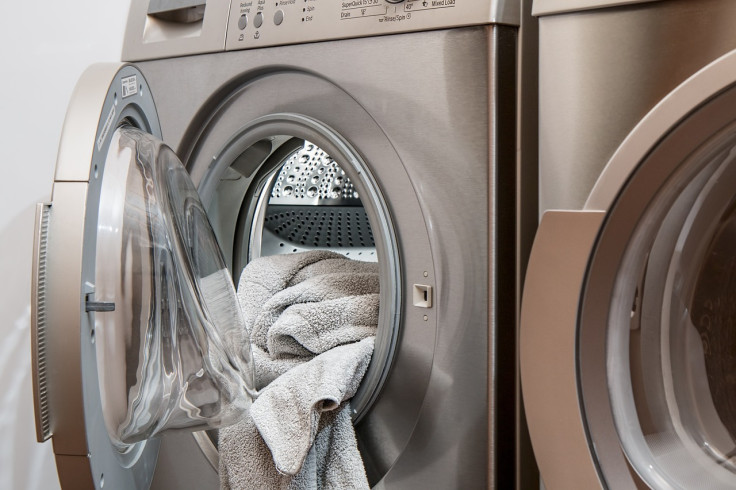
Running the washer for a few pieces of clothing will waste a lot of water and use up more detergent compared to when you are running the washer with a full load. Wait until you have enough dirty clothes before doing the laundry. The type of machine you use also dictates how much water you use per washing. Front-loading washing machines typically use less water compared to top-loading machines.
28.
Switch To Washable Cloth Diapers
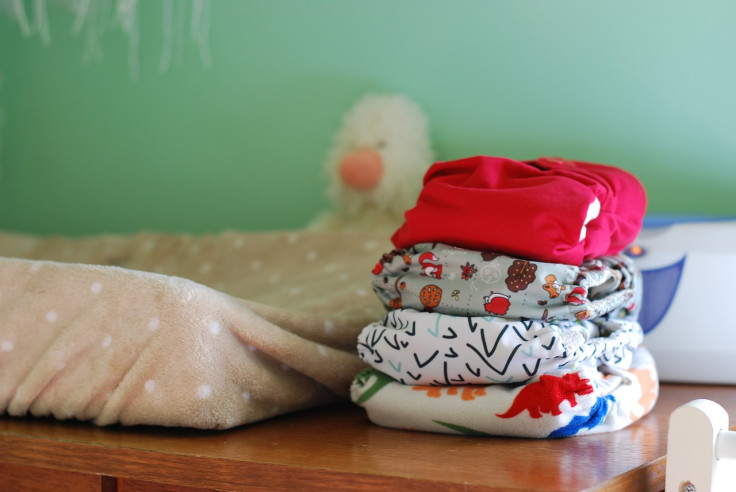
Babies go through disposable diapers so quickly that the amount of waste it generates can be massive. There are eco-friendly diapers nowadays, but an even better option is to switch to cloth diapers that will not be harsh on your baby's skin and the environment. Washcloths can also be used in place of baby wipes. When throwing away diapers, separate the poop first and flush them down the toilet to prevent soil contamination at disposal.
29.
Watch Out For Leaks That Waste Water
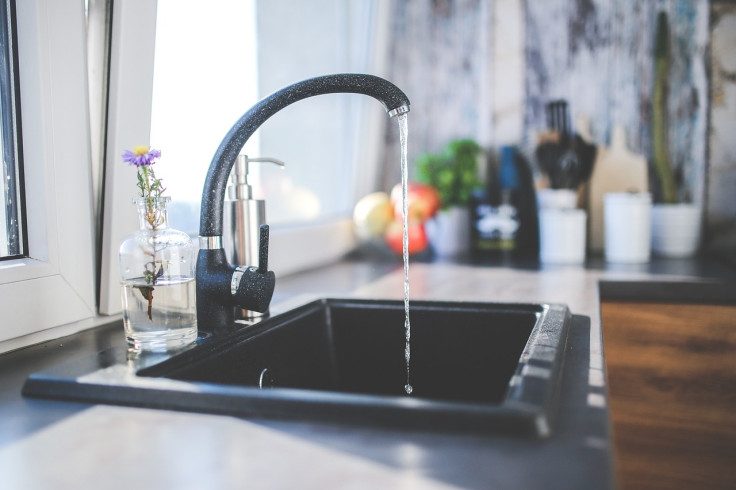
Some home repairs can wait, but when it comes to leaky faucets and running toilets, it is better for the planet if you repair them immediately.
30.
Harvest Rainwater
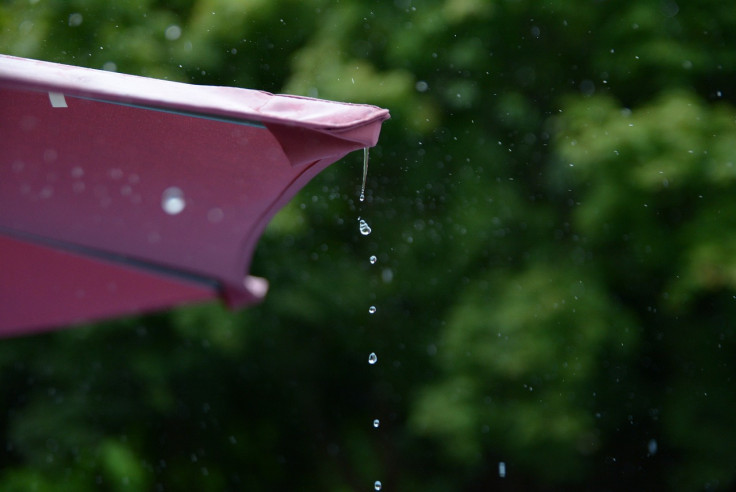
Rainwater can be a good way to water your lawn and garden areas without using water from the tap. Rainwater can also be used to flush the toilet to save water.
© Copyright IBTimes 2024. All rights reserved.





















